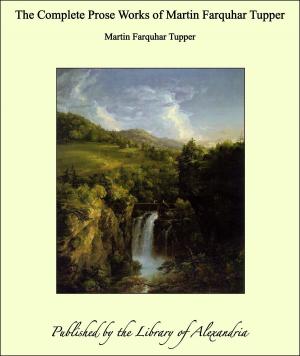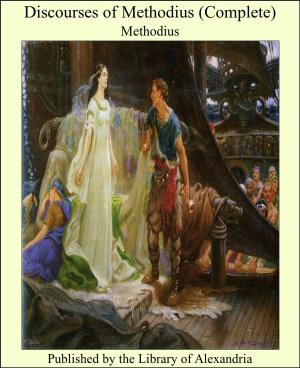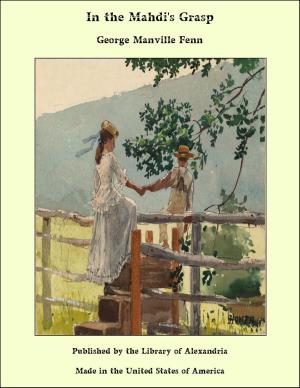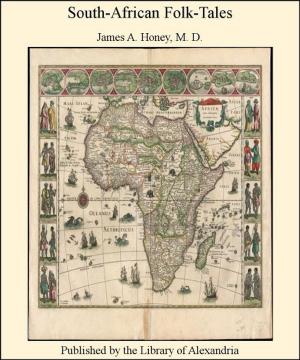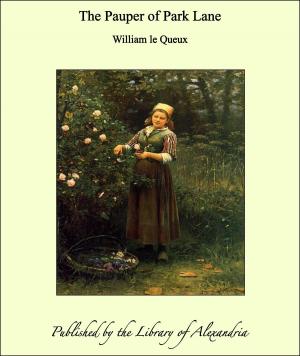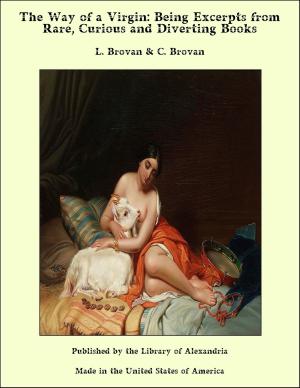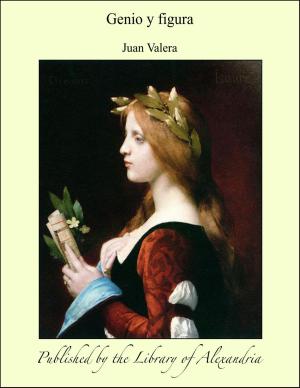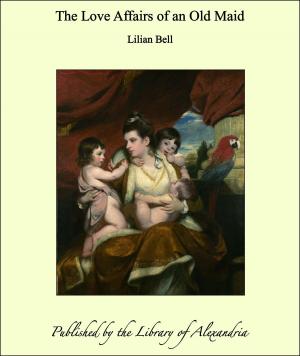The Diwan of Zeb-un-Nissa
Nonfiction, Religion & Spirituality, New Age, History, Fiction & Literature| Author: | Magan Lal and Jessie Duncan Westbrook | ISBN: | 9781465573704 |
| Publisher: | Library of Alexandria | Publication: | March 8, 2015 |
| Imprint: | Language: | English |
| Author: | Magan Lal and Jessie Duncan Westbrook |
| ISBN: | 9781465573704 |
| Publisher: | Library of Alexandria |
| Publication: | March 8, 2015 |
| Imprint: | |
| Language: | English |
The Princess Zeb-un-Nissa was the eldest daughter of the Mogul Emperor Aurungzebe of India, and was born in 1639. She came of a distinguished line, in direct descent from Genghiz Khan and Tamerlane. Her Emperor-ancestors were famous not only for their valour and statesmanship, but as patrons and inspirers of art and learning, and, moreover, they themselves possessed distinguished literary gifts. Baber's reminiscences are written in so fresh and delightful a style that their charm holds us to-day, and he wrote poetry both in Turki and Persian, even inventing a new style of verse. One of his sons, Mirza Kamran, was also a writer of Persian verse. Although Akbar has given the world no writings of his own—tradition even says that he never found time to learn to write—yet he surrounded himself with a most cultured circle; and Abul Fazl, his talented minister, constantly records in his letters Akbar's wise sayings and noble sentiments. Jehangir, like Baber, wrote his own memoirs, and they are ranked high in Persian literature. Shah Jehan wrote some account of his court and of his travels, and a record called the Dastur-ul-Amal, or Laws of Shah Jehan. Aurungzebe wrote books on Musulman law, and the collection of his letters, called the Ruqat Alamgiri, is famous. Nor was this literary talent confined to the men's side of the house. Baber's daughter, Gulbadan, wrote some history of her own times, and has left us an interesting picture of Baber himself; and Zeb-un-Nissa's verses still testify to her skill as a poet.
The Princess Zeb-un-Nissa was the eldest daughter of the Mogul Emperor Aurungzebe of India, and was born in 1639. She came of a distinguished line, in direct descent from Genghiz Khan and Tamerlane. Her Emperor-ancestors were famous not only for their valour and statesmanship, but as patrons and inspirers of art and learning, and, moreover, they themselves possessed distinguished literary gifts. Baber's reminiscences are written in so fresh and delightful a style that their charm holds us to-day, and he wrote poetry both in Turki and Persian, even inventing a new style of verse. One of his sons, Mirza Kamran, was also a writer of Persian verse. Although Akbar has given the world no writings of his own—tradition even says that he never found time to learn to write—yet he surrounded himself with a most cultured circle; and Abul Fazl, his talented minister, constantly records in his letters Akbar's wise sayings and noble sentiments. Jehangir, like Baber, wrote his own memoirs, and they are ranked high in Persian literature. Shah Jehan wrote some account of his court and of his travels, and a record called the Dastur-ul-Amal, or Laws of Shah Jehan. Aurungzebe wrote books on Musulman law, and the collection of his letters, called the Ruqat Alamgiri, is famous. Nor was this literary talent confined to the men's side of the house. Baber's daughter, Gulbadan, wrote some history of her own times, and has left us an interesting picture of Baber himself; and Zeb-un-Nissa's verses still testify to her skill as a poet.

